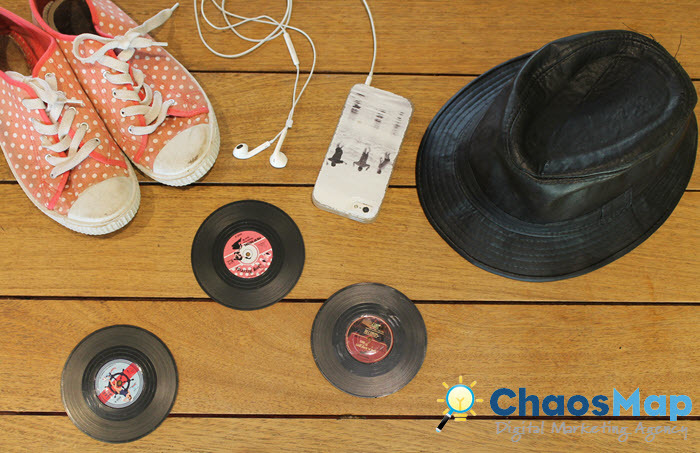According to the U.S. Census Bureau, there are 92 million people in the Millennial generation, making it the largest cohort of today, accounting for $200 billion in annual buying power. The people born between 1980 and 2000 have a unique perspective on the world, radically different from previous generations, and any wise business will adjust to cater to its demand.

Responsive And Adaptive Websites
Being the first generation to grow up exposed to always-on digital media, Millennials are the tech generation. This demographic is more likely to play video games, watch TV online and conduct most of their daily conversations via text message. In a typical day, the average Millennial will use a computer, smartphone and tablet, sometimes simultaneously, which means you need to be targeting digital platforms if you want to get attention from Millennial customers. A business’s website needs to be designed or redesigned to be mobile friendly and perhaps eve in app form.
Responsive websites will change their look and functionality depending on the type of device the consumer is using. What may be designed as three columns on a desktop will be one column on a smartphone. Adaptive layouts collect data on the user, often stored as cookies, a change the look and functionality depending on the user’s responses. An adaptive website would drive male customers to pages that are generally considered male interests. A Millennial’s innate knowledge of web design expects this level of online interaction.
Take To The Cloud
Like the Internet, the youngest adult generation is going twenty-four hours, seven day a week. Another important company shift to capture the Millennial market is to move from a local, 9-to-5 workday to one that is global and always ON. Your business may need to use a cloud-based contact center to expand its customer service without adding a ton in overhead costs. This system will allow your business the ability to reach out to customers through digital media and have them communicate back via email, text or voice-controlled automated phone calls. Using this, the consumer has some form of customer care available any time of the day or night.
Make Marketing Social
According to Maker Studios Chief Content Officer Erin McPherson, Millennials do not dislike brands, but rather, they dislike advertisements based on inauthenticity. Because of the technology available to them, notably Netflix and other streaming services, they do not need to suffer ingenuous marketing. The new business’s marketing strategy should focus more on relationship marketing, offering genuine connections with consumers. Instead of devoting marketing funds to commercials that will fall on deaf ears, build a social media presence that will keep the customer coming back to engage. Write all of your Facebook posts in the first person, talk directly to the Millennial and create a relationship that is real.
Most Millennials will trust a blog, review, or Facebook comment over an advertisement. Social media is how Millennials determine authenticity. They ask friends and connections to weigh-in on products or services. Since the average Millennial has more than 300 Facebook friends, the review network is expansive. The Millennial-focused business will tap into this network with their own, trustworthy social media commentary.

